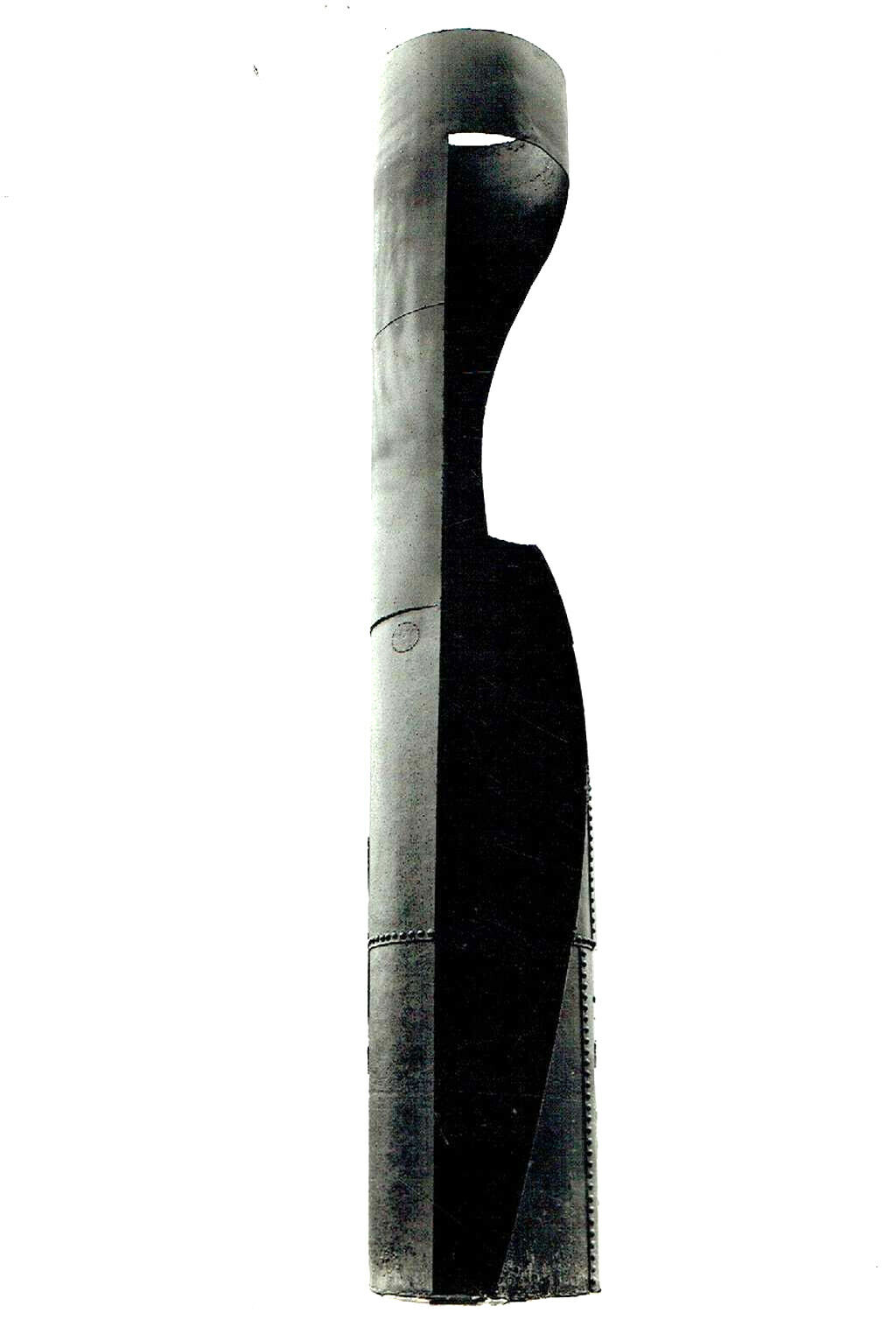-40%
1950 Hebrew POSTER Israel JEWISH KOSHER FOOD Judaica VITA Soup CONSERVE CAN Jar
$ 25.87
- Description
- Size Guide
Description
DESCRIPTION: Here for sale is an ORIGINAL and VERY COLORFUL Jewish - Hebrew - Israeli ADVERTISING POSTER which was issued in the early-mid 1950's by the VITA food factory to promote its new ISRAELI TYPICAL KOSHER PRODUCTS , Namely its KOSHER SOUPS , Its CONSEVE CANS of fruits and vegetables , Its conserved JAM and MARNELADE JARS and its ICE CREAMS . The advertising poster was distributed as an insert in an Israeli cookbook in the 1950's. Printed on very thin cardboard. Another advertisement is printed on the verso.
The SIZE is around 6.5" x 9" . Excellent condition. ( Pls look at scan for accurate AS IS
images ) Poster will be sent in a special protective rigid sealed package .
PAYMENTS
:
Payment method accepted : Paypal .
SHIPPMENT
: Shipp worldwide via registered airmail is $ 19 . Poster will be shipped inside a special protective package.
Handling around 5 days after payment.
Israeli cuisine (Hebrew:
המטבח הישראלי
ha-mitbach ha-yisra’eli
) comprises local dishes by people native to Israel and dishes brought to Israel by Jews from the Diaspora. Since before the establishment of the State of Israel in 1948, and particularly since the late 1970s, an Israeli Jewish fusion cuisine has developed.Israeli cuisine has adopted, and continues to adapt, elements of various styles of Jewish cuisine and regional Arab cuisine, particularly the Mizrahi, Sephardic and Ashkenazi styles of cooking. It incorporates many foods traditionally eaten in Middle Eastern and Mediterranean cuisines, and foods such as falafel, hummus, shakshouka, couscous, and za'atar are now thought to be synonymous with Israeli cuisine.Other influences on cuisine are the availability of foods common to the Mediterranean region, especially certain kinds of fruits and vegetables, dairy products and fish; the distinctive traditional dishes prepared at holiday times; the tradition of keeping kosher; and food customs specific to Shabbat and different Jewish holidays, such as challah, jachnun, malawach, gefilte fish, cholent (hamin) and sufganiyot. New dishes based on agricultural products such as oranges, avocados, dairy products and fish, and others based on world trends have been introduced over the years, and chefs trained abroad have brought in elements of other international cuisines.
Kosher foods are those that conform to the regulations of
kashrut
(Jewish dietary law). Food that may be consumed according to
halakha
(Jewish law) is termed
kosher
in English, from the Ashkenazi pronunciation of the Hebrew term
kashér
, meaning "fit" (in this context, fit for consumption). Food that is not in accordance with Jewish law is called
treif
(Yiddish:
טרײף
or
treyf
, derived from Hebrew A list of some kosher foods are found in the books of Leviticus 11:1-47 and Deuteronomy 14: 3-20, as are also certain kosher rules. Reasons for food not being kosher include the presence of ingredients derived from nonkosher animals or from kosher animals that were not slaughtered in the ritually proper manner, a mixture of meat and milk, wine, or grape juice (or their derivatives) produced without supervision, the use of produce from Israel that has not been tithed, or the use of non-kosher cooking utensils and machinery. ebay2376


















